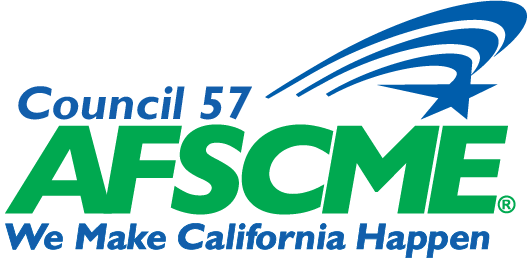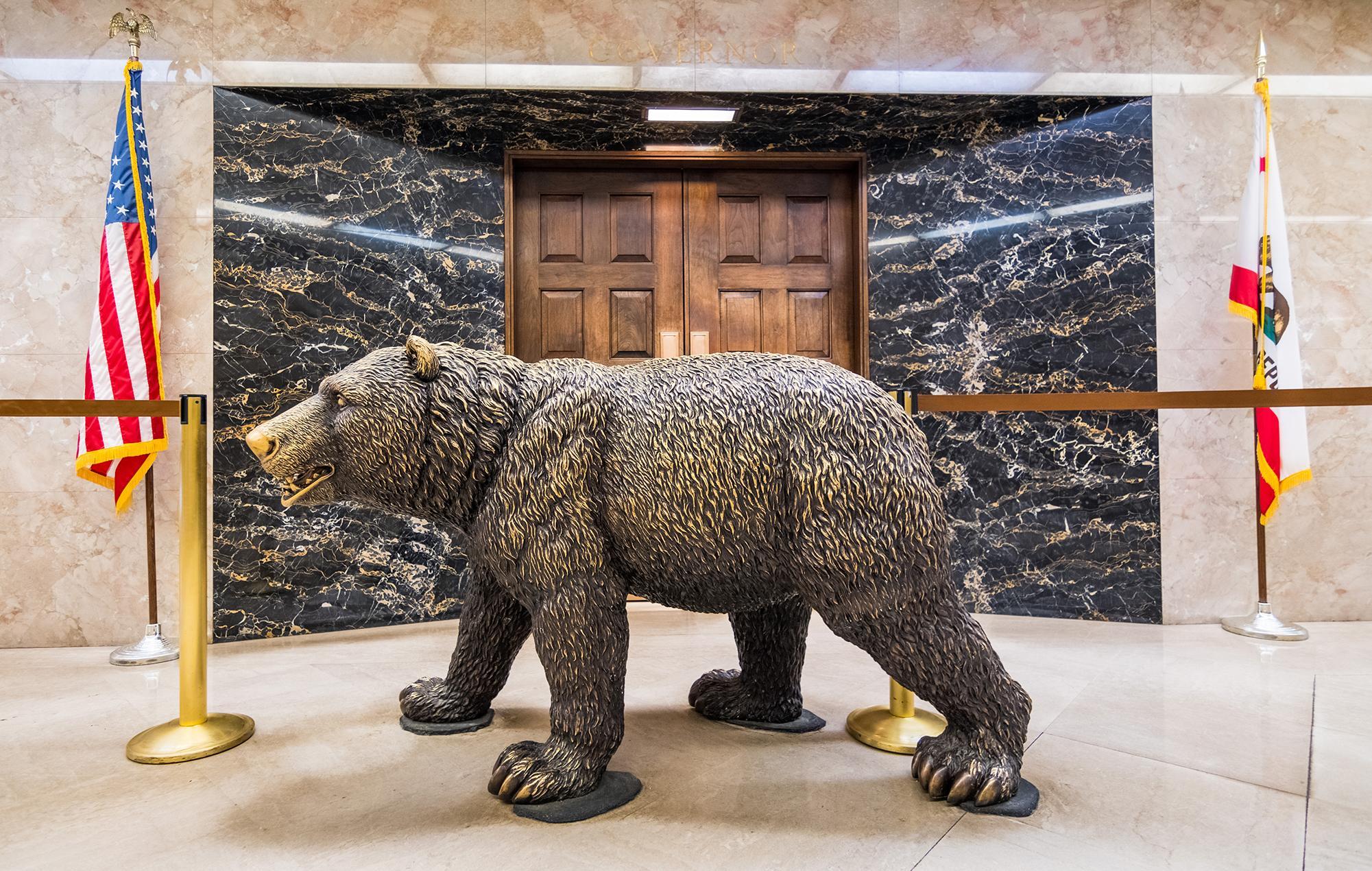Our AFSCME Local 2620 mental health members recently won a victory when Gov. Gavin Newsom and the state Legislature decided to leave parole outpatient clinics off the chopping block in this year’s budget.
Keeping the clinics open means that dozens of our sisters and brothers get to keep their jobs—a direct result of months of organizing. Most importantly, the decision means that thousands of parolees living with mental health issues throughout the state can get the proper care they need to transition back into society.
“This feat could not have been accomplished by one, two or even three people on their own,” Local 2620 president Shukimba Carlis said. “Jobs were saved because we worked together and we used our power to ensure that workers’ rights under the law were protected.”
Last year, as soon as the state announced that it was considering closing all parole outpatient clinics because of COVID-19-related budget cuts, Local 2620 members sprung into action and started organizing.
They set up meetings with dozens of elected officials in the state Senate and Assembly and the Governor’s Office. Meeting after meeting, they stressed the importance of the work they do, the plight of their patients and that closing the clinics would result in cruel and unusual punishment.
Members also testified at state budget meetings and made the case that keeping our communities safe and providing quality care to those who need it the most, especially during a pandemic, should always remain a top priority for California.
In July, the state decided to hold off on closing the clinics. But the decision wasn’t permanent, so Local 2620 members continued to meet with elected officials all the way through the rest of the year.
When the state released the January version of the budget, Local 2620 members were able to breathe a sigh of relief when they learned that funding for parole outpatient clinics would not be cut this year.
For Dr. Elizabeth Kita, LCSW, a Local 2620 member and clinical social worker who works at the Behavioral Health Reintegration Program in San Francisco, the victory was a clear sign that organizing works.
“For so many decades, public behavioral health services have been hollowed out, and we’ve had to get used to doing more with less to provide whatever services we can provide,” Kita said. “But organizing as a union helped us show the state that they need to value what we do as clinicians.”

